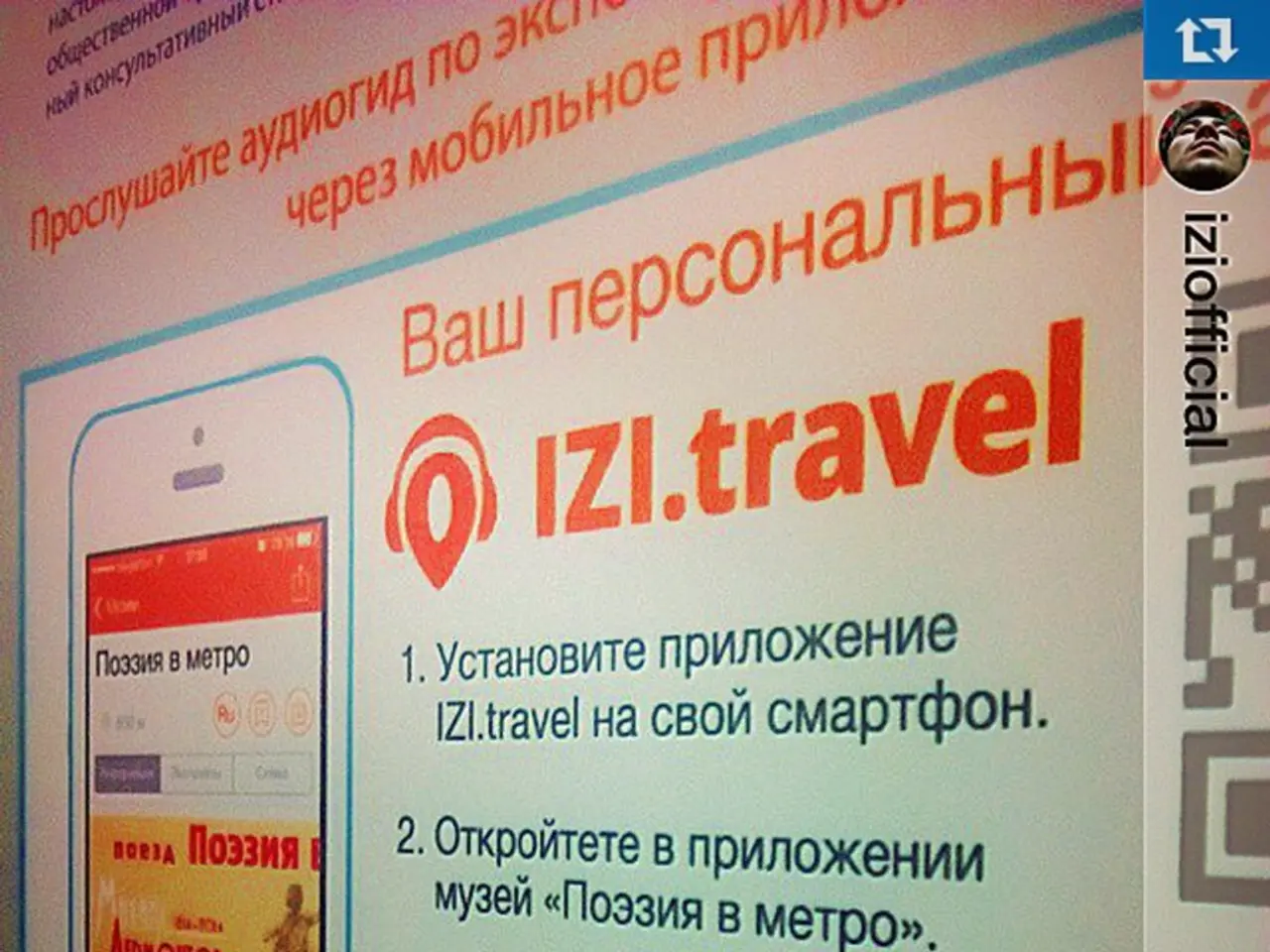Federal approval granted for $13.5 billion merger between Omnicom and IPG, stipulating a unique condition regarding advertising placement practices
The Federal Trade Commission (FTC) has granted conditional approval for Omnicom Group's $13.5 billion acquisition of Interpublic Group, but with a significant condition to avoid coordinating ad placements based on political or ideological viewpoints.
Implications
The condition introduces a novel neutrality requirement in advertising, mandating Omnicom to refrain from steering advertisers away from publishers based on political or ideological viewpoints unless explicitly directed by the advertiser. This could redefine how media buying agencies operate in terms of content selection.
The order significantly expands FTC oversight in the advertising sector. Omnicom must document exclusion decisions and file annual reports, which could increase regulatory complexity and create competitive friction with global competitors.
Compliance and reporting requirements are stringent. Omnicom must submit detailed annual compliance reports for five years, verified by a senior corporate officer, detailing media buying practices, exclusion lists, and their basis. This includes retaining communications related to advertiser direction on ideological exclusions for five years.
However, the order does not clearly define what qualifies as "ideological content," potentially leading to inconsistent interpretations and enforcement challenges.
Effects
The acquisition makes Omnicom the world's largest media buying agency, which could enhance its bargaining power in the advertising market. However, the conditions may limit its ability to leverage this power for ideological purposes.
The consent order marks a new approach to viewpoint neutrality in advertising regulation, potentially setting a precedent for future mergers and acquisitions in the advertising sector.
As Omnicom prepares for the merger, financial restructuring efforts like offering bondholders cash and new debt are underway to smooth the integration process with Interpublic.
By preventing ideological bias in advertising placements, the FTC aims to protect public discourse and ensure that advertising decisions are not used to suppress certain viewpoints. This could have broader implications for free speech and media diversity.
Clients and publishers will closely observe how the "viewpoint non-coordination" rule plays out in practice as the merged entity begins integration planning. The U.K.'s Competition and Markets Authority has initiated an inquiry into the potential impact of the merger on media buying competition. In the European Union, antitrust authorities will examine the deal's cross-border ramifications.
Enforcement of the behavioral remedy will determine whether such measures can effectively deter collusion without hindering legitimate, independent brand safety efforts. Marketers argue that ensuring brand safety often requires avoiding venues where hateful or extremist content appears.
[1] FTC Consent Order for Omnicom-IPG Merger
[2] Ad Age: FTC Approves Omnicom-IPG Merger with Conditions
[3] AdExchanger: FTC Approves Omnicom-IPG Deal With Conditions
[4] The Drum: FTC Approves Omnicom-IPG Merger with Conditions
[5] Bloomberg: Omnicom Prepares for $13.5 Billion IPG Acquisition
- The FTC's condition to prevent ideological coordination in advertisements could significantly impact investing decisions in the business sector, as it might alter the advertising strategies of companies like Omnicom Group.
- The expansion of political oversight in the advertising sector, as demonstrated by the FTC's consent order for Omnicom Group's acquisition of Interpublic Group, could potentially influence general-news coverage, as regulatory decisions could have broader implications for free speech and media diversity.




